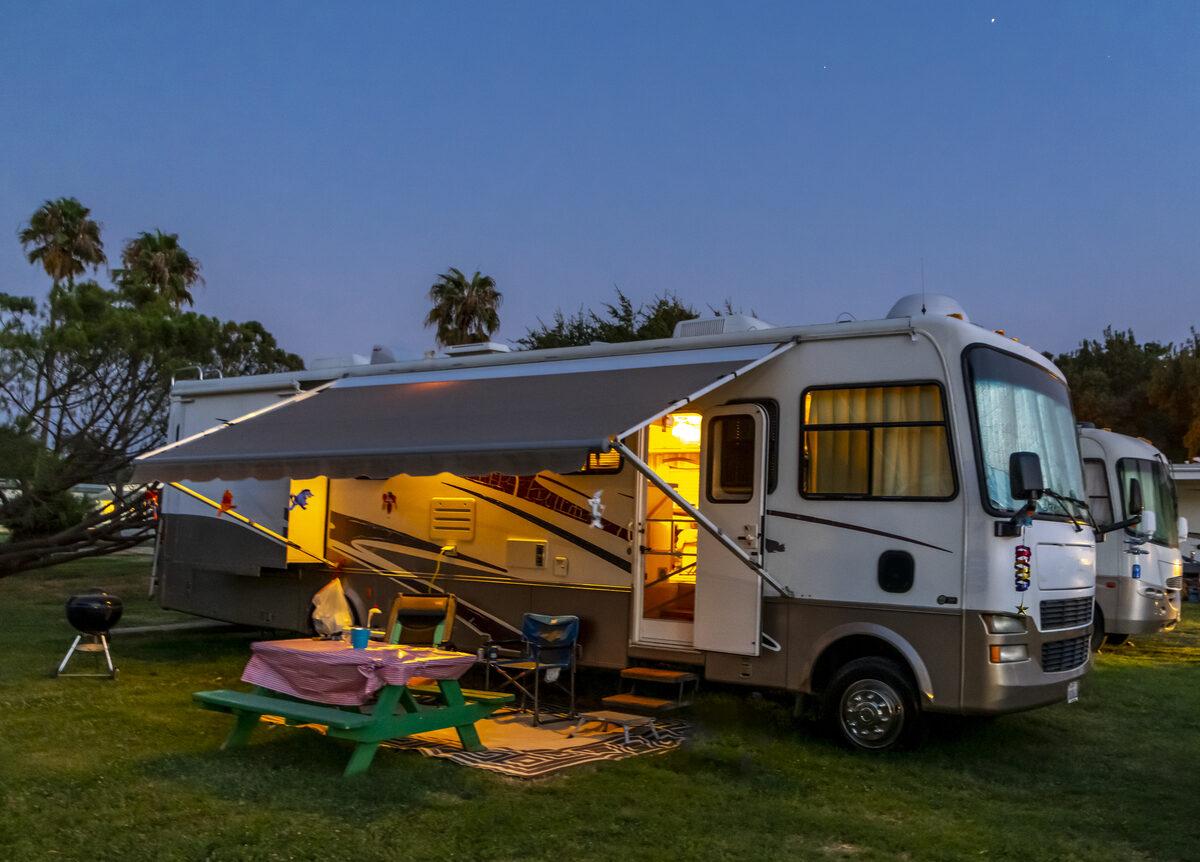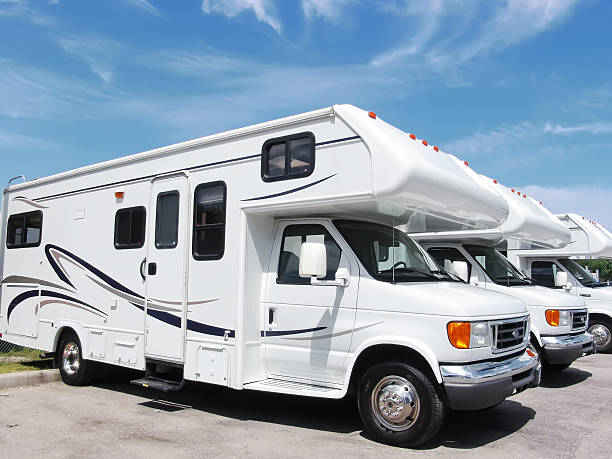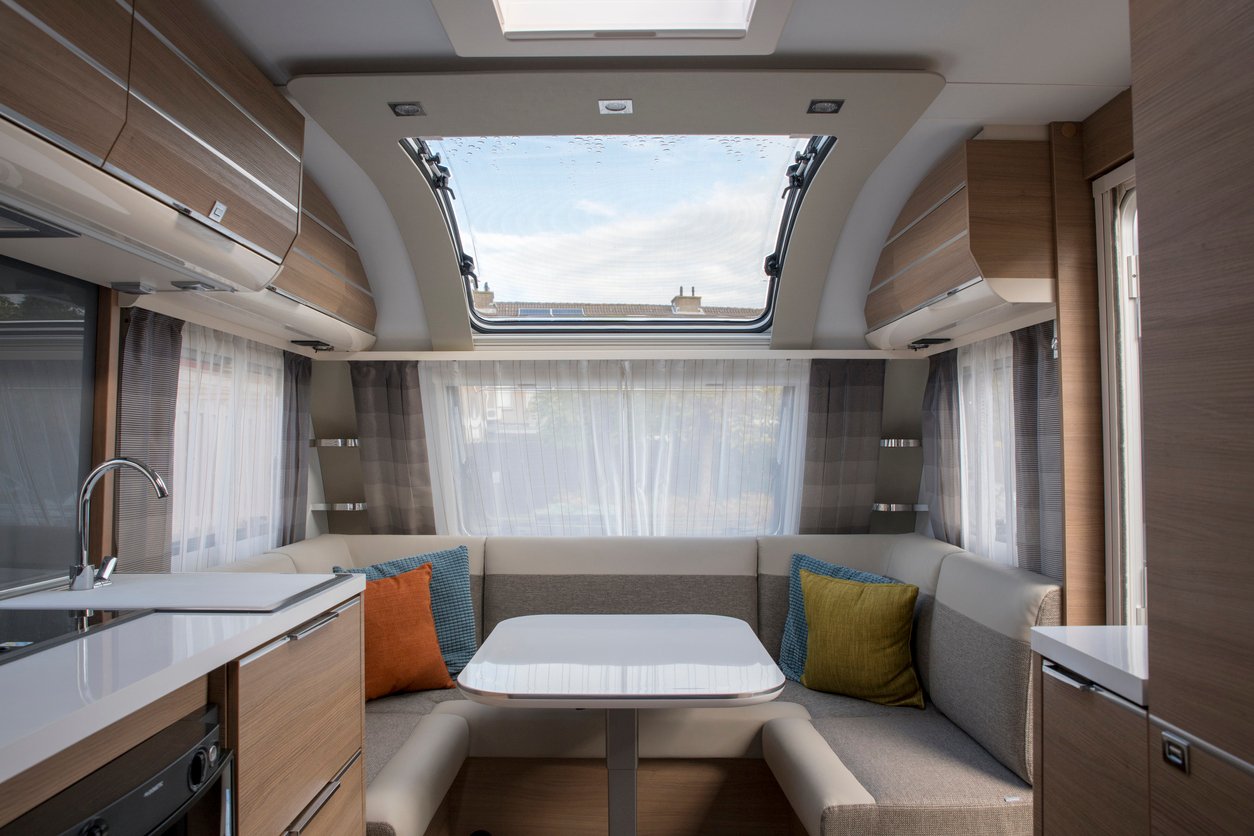Navigating the Canadian RV Experience: Practical Tips for Finding Essential Services on the Road.
This blog offers practical advice for Canadian RV travelers on locating essential services such as propane filling stations, trusted dealerships like Fraserway RV Whitehorse YT and Traveland RV Edmonton, and tips for planning a smooth and safe journey.
The recreational vehicle (RV) market in Canada is growing in 2025, reflecting both economic and lifestyle trends, changing travel habits, and growing consumer interest. Key sales trends, market drivers, and what RV enthusiasts and potential buyers can anticipate in the near future are all examined in this article.

RV Travel's Increasing Popularity in Canada
For many years, RV travel has been a beloved means for Canadians to experience the wide and varied landscapes of their nation. According to recent data, more than half of camping households intend to increase their trips in 2025, and roughly 33% of Canadians have camped their entire lives. The desire for adaptable, family-friendly vacations that permit immersive outdoor experiences without compromising comfort is what is driving the growing interest in RVing.
This trend was accelerated by the COVID-19 pandemic, as many Canadians looked for safer, independent travel options. RV sales and rentals have increased as a result, and many first-time buyers are now part of the market. The ability to travel remote and picturesque routes like the Heart of Canada Tour, the Lake Superior Circle Tour, and the Grand Algoma Tour is just as alluring as the freedom that RVs provide.
Market Size and Economic Effects
With an estimated 67,000 jobs and $7 billion in yearly sales, the Canadian RV industry plays a major role in the country's economy. With a compound annual growth rate (CAGR) of 3.4% over the previous five years, industry revenue has increased steadily and is expected to reach $6.9 billion in 2025. This expansion is a result of both industry innovations and rising consumer demand.
Since the global economic crisis of 2009–2010, RV retail sales have increased by almost 30%, demonstrating the industry's appeal and resilience. The RV market in Canada is growing, as evidenced by the industry's 10-year high sales of $9.91 billion in 2020.

The following trends will influence the Canadian RV market in 2025:
1. Preference for towable RVs The Canadian market is dominated by towable RVs, especially travel trailers. They are well-liked by both novice and experienced RVers because they provide a more economical entry point than motorhomes and fifth-wheel trailers. Shipments of fifth wheels increased by 30.6% in the first quarter of 2025, while shipments of travel trailers increased by 26.4%. As consumers place a higher value on affordability and adaptability, this trend is anticipated to continue.
2. Innovation and Sustainability RV manufacturers are reacting to consumer demand for sustainable and energy-efficient models. Eco-friendly designs, solar power integration, and lightweight materials are becoming commonplace. This change is in line with a larger cultural focus on responsible travel and sustainability.
3. Customization and Luxuriance As the market develops, purchasers are looking for better features like internet connectivity, hot water, fully equipped kitchens, and opulent interiors. Premium model sales are being driven by the desire for comfort and customization, which also makes it possible for dealers to provide innovations with added value.
4. Emphasis on Domestic Travel Many Canadians are opting to travel domestically due to the persistent uncertainty surrounding international travel. As a flexible domestic travel option, this has increased demand for RVs, boosting local businesses and tourism.

Dynamics of Dealers and Inventory
The third quarter of 2024 saw a 24.5% year-over-year increase in wholesale shipments, totaling 5,552 units, according to the Canadian Recreational Vehicle Association (CRVA). In the third quarter of 2024, shipments totaled 22,860 units, a 15.1% increase over the same period last year. Dealers speeding up orders to avoid possible supply chain interruptions and tariff effects are partially to blame for this spike.
With 10,826 RVs sold in the third quarter of 2024—nearly twice as many as wholesale shipments during the same time period—retail sales have also been robust. Due to this high turnover, dealer inventory levels have significantly decreased, which is a trend that has historically been accepted as normal as dealers balance supply and demand.
Accessibility and Finance
A wider range of Canadians can now afford to own an RV thanks to lower borrowing costs, which has helped the industry expand. Many families and retirees have chosen to invest in RVs as a lifestyle choice due to financing options and the allure of outdoor travel.
Opportunities and Difficulties
Although the Canadian RV industry has a bright future, there are still obstacles to overcome. Industry stakeholders must keep a careful eye on potential tariffs and trade policy uncertainties. Disruptions to the supply chain can also have an effect on pricing and inventory, which can affect dealers as well as customers.
But these difficulties also offer chances for local production and innovation. Growing awareness of cost control and sustainability is reflected in the growing preference for domestic brands and used trailers.
Encouragement of the RV Lifestyle
The growing network of services is essential for travellers and RV owners. Convenience and safety depend on having access to facilities like RV propane filling stations near me. Reputable dealers that continue to provide sales, service, and parts to the community include Fraserway RV Whitehorse YT and Traveland RV Edmonton.
Travel planning and on-the-road assistance are made easier by platforms and resources that link RVers to these services.

Looking Ahead: Canada's RVing Future
Innovation, consumer preferences, and a robust domestic travel market are driving the Canadian RV industry's continued growth through 2030. Manufacturers and dealers will adjust by providing more specialized and technologically sophisticated models as consumers place a higher value on quality, sustainability, and convenience.
Traditional camping is giving way to an RV lifestyle that combines comfort, adventure, and connectivity. A strong industry infrastructure comprising dealers, service providers, and community platforms supports this transition.
In conclusion
In 2025, Canada's RV market is flourishing due to a confluence of economic factors, changes in lifestyle, and technological developments. The industry is serving a wide and expanding base of RV enthusiasts with robust sales growth, growing market segments, and an emphasis on sustainability and luxury.
There are a lot of options and opportunities in 2025 for people who are thinking about upgrading their current setup or joining the RV community. The Canadian market is prepared to satisfy the needs of contemporary tourists looking for freedom on the road, offering everything from high-end motorhomes to reasonably priced towables.
RVing is still a dependable and alluring option for Canadians who want to comfortably and adaptably experience the natural beauty of their country, even as the travel industry continues to evolve.